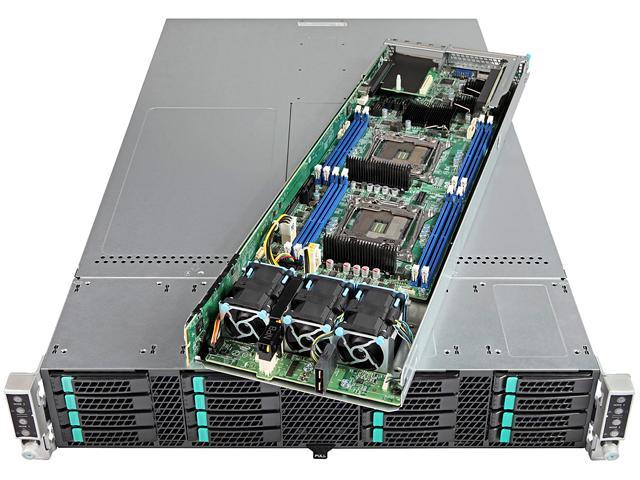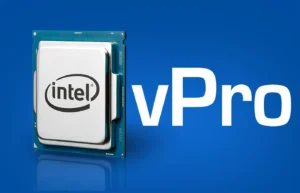
If you’re dealing with mountains of data every day, you’re not alone. From customer insights to market trends, every organization relies on data to make decisions.
But here’s the thing: all that data needs to be organized, stored, and processed in a way that’s efficient and scalable.
That’s where a solid data management platform (DMP) comes in. However, with so many options out there, it’s hard to know what to look for. What makes one platform stand out from the rest?
Gartner reports that businesses that use master data management software have experienced up to a 15% improvement in organizational efficiency and a 20% increase in data accuracy.
The answer lies in the features. When you’re choosing a DMP, you want to focus on the capabilities that will make your data work harder for you, not just store it. Here are the key features that can make or break your data management system.
Scalability: A Platform That Grows with You
As your business grows, so do your data needs. Whether it’s adding new data sources or expanding your customer base, your DMP must scale to keep up. If it can’t, you’ll be stuck with slow performance or forced to rebuild your system.
So, what is a server in this context? A server is the backbone of your DMP, providing the computing power and storage necessary to handle vast amounts of data.
A powerful server ensures your platform can manage larger datasets and more complex queries, maintaining high performance even as you scale.
Look for a platform that grows with you, offering flexible storage options and advanced analytics as your needs evolve.
Integration: It Should Play Well With Others
Data doesn’t exist in a vacuum. Your DMP needs to seamlessly integrate with the other tools, systems, and platforms you already use. Whether it’s your customer relationship management (CRM) system, email marketing tools, or third-party analytics platforms, the ability to consolidate your data from various sources is crucial.
The more integration points the platform offers, the easier it will be to gather, unify, and leverage your data for decision-making. Having everything in one place helps eliminate silos, reduces the risk of errors, and allows for smoother workflows across departments.
Real-Time Processing: Because Data Doesn’t Wait
In the fast-paced world of business, every second counts. If your data isn’t processed in real time, you’re losing valuable opportunities. With real-time data processing capabilities, your DMP can immediately update, analyze, and share data as it’s generated, ensuring that you’re always working with the most up-to-date information.
This is especially important in industries like e-commerce, where customer behavior data can change in an instant. Real-time analytics lets you act on insights before your competitors do. Whether it’s tweaking a marketing campaign or adjusting inventory, you need the ability to make decisions quickly and confidently.
Security: Protecting Your Data Is Non-Negotiable
As the volume of data you handle grows, so does the importance of keeping it secure. A DMP should offer robust security features that prevent unauthorized access, data breaches, and theft.
Look for a platform that supports encryption, secure authentication, and detailed access controls. You should be able to assign specific permissions to different users based on their roles, ensuring that only authorized individuals can access sensitive data.
In today’s world, data privacy is also a critical issue. The DMP you choose should have features in place that allow for compliance with industry regulations, whether that’s GDPR, HIPAA, or any other local data protection laws.
A platform with strong data governance capabilities will help ensure that your business remains compliant and that your customers’ information is always protected.
Usability: Easy to Use, Hard to Forget
Let’s face it: no one has time to sit through endless training sessions or struggle with complicated software. A great DMP should be intuitive, with an easy-to-navigate interface that doesn’t require advanced technical knowledge to operate.
Look for platforms that feature drag-and-drop functionalities, customizable dashboards, and clear visualizations of your data. The less time you and your team spend fumbling through complex menus, the more time you’ll have for making data-driven decisions that move the needle for your business.
The usability of a DMP is also tied to the learning curve. Choose a platform that allows new users to get up to speed quickly—without needing constant support. After all, your team will be the ones interacting with it day in and day out.
Automation: Let Technology Do The Heavy Lifting
Data management doesn’t have to be a tedious, manual task. Many platforms today offer automation features that can handle repetitive processes for you, like data cleaning, categorization, or reporting. This saves time, reduces the risk of human error, and ensures consistency across your data.
For example, you could automate routine data imports, data validation checks, or even the generation of key performance reports. With these tasks automated, your team can focus on higher-level analysis and strategy instead of getting bogged down with data entry.
Also, some platforms are beginning to leverage AI and machine learning for more advanced automation. These capabilities can identify patterns in your data and suggest insights you might have missed, helping your team make smarter decisions faster.
Customization: A Platform That Fits Your Needs
Every business is unique, and the one-size-fits-all approach rarely works when it comes to data management. The right DMP should offer customization options that allow you to tailor the platform to your specific requirements.
From custom fields to personalized reports, having the flexibility to modify the platform based on your use case is important. You may need a different way to organize or process data than another company, and a good DMP will let you make those adjustments without hassle.
Cost-Effectiveness: Getting The Most Value
Cost is always a factor when selecting a DMP, but the cheapest option isn’t always the best one. Instead of focusing solely on upfront costs, consider the long-term value a platform will bring. Look for one that offers the features you need at a price point that fits your budget. Some platforms might offer tiered pricing based on storage needs, number of users, or the level of analytics you require.
In the end, the cost of the platform should align with the value it delivers. While you don’t want to overspend, choosing a platform that’s too cheap can result in hidden fees down the line or a lack of essential features.
Support And Customer Service: You Need Backup
Even with the most intuitive DMP, you’ll run into issues from time to time. That’s why great customer support is vital. The platform should offer comprehensive training materials, helpful documentation, and accessible support channels—whether through live chat, email, or phone.
Having a responsive support team is especially important during onboarding or when you’re troubleshooting critical issues. The sooner you can resolve any problems, the less impact it will have on your operations.
Wrapping Up
Choosing the right data management platform is a big decision. It’s not just about storing data; it’s about making that data work for you. A good DMP will help you scale, integrate, automate, and most importantly, make smarter decisions.
From real-time analytics to security features, the right platform can transform the way you handle data and unlock new opportunities for your business.
If you’re thinking long-term, make sure the platform you choose can grow with you—just like the Intel server or similar systems that power it. With the right tools in place, you can turn data into your most valuable asset.





